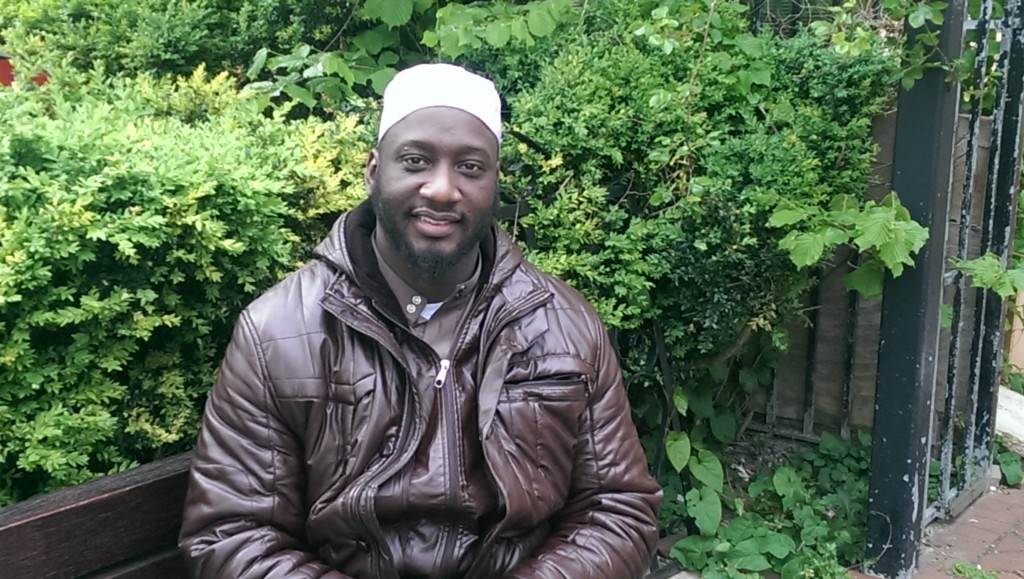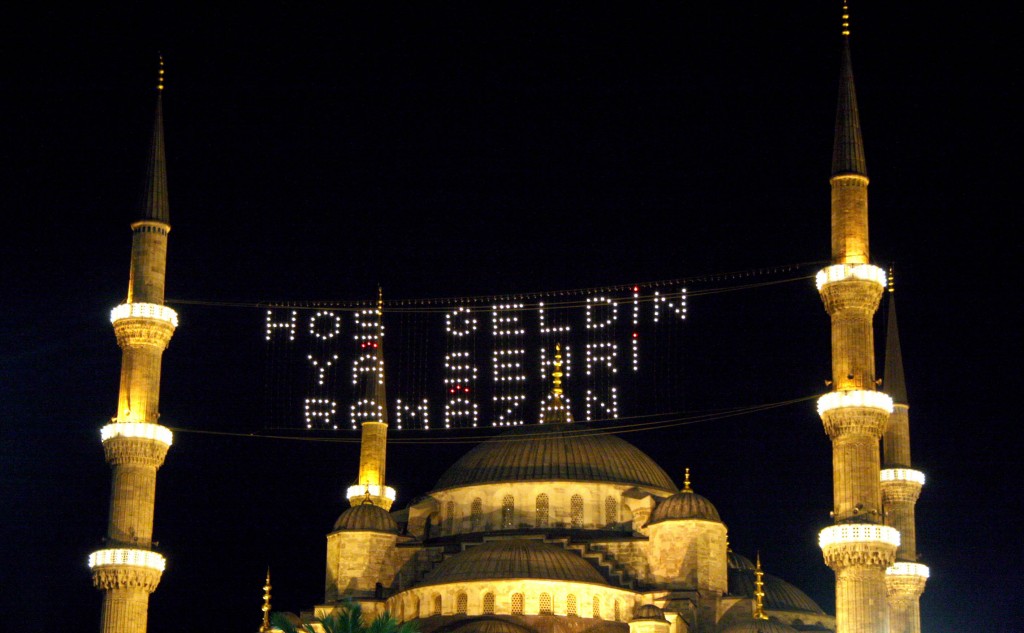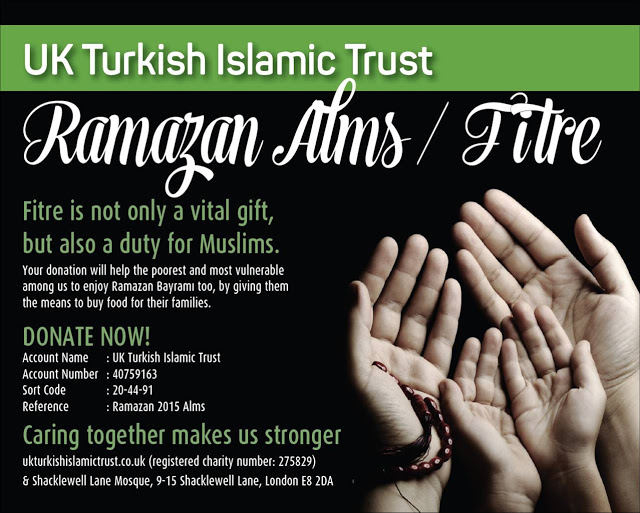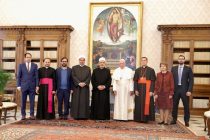Described in Turkish as ‘12 ayın sultanı’ (the queen of 12 months), Ramazan is the holiest month in the Islamic calendar.
During this 30-day period, Muslims fast between the hours of sunrise and sunset as they consciously reconnect with God (Allah) and their faith. Any good deeds and all prayers during this time count for double.
In 2015, Ramazan runs from 18 June to 16 July. The dates are set by the lunar calendar; those in the West following the Gregorian calendar will find the dates shift forward by about 10 days each year.
T-VINE asked Abdul Abduallah, the imam of Shacklewell Lane Mosque – the UK’s first Turkish-owned mosque – to explain what happens during this holy month.
Tell us about Ramazan and fasting
“The prophet Muhammed (peace be upon him/pbh) received the first revelations of the holy Kuran during Ramazan. Fasting during this month is a pillar of Islam – it is obligatory for all Muslims. The solid structure of a house is built around its core pillars, and your spiritual faith is no different.”
“Being healthy and having faith is essential for fasting – if you are elderly, pre-pubescent, or sick, you are excluded. Women menstruating are also exempt and, like others who may have skipped a few days perhaps through illness, must complete their fast before the following Ramazan. However, women do not need to make-up on missed prayer-time.”
“There are multiple purposes and wisdom behind this holiest of months – not all are immediately evident. Allah promised to reward everyone who fasts. It is a time for compassion, when we reflect on the poor who go without food all year round. It is a time to spiritually bond with our brothers and sisters.”
“During Ramazan, we aim to read the entire Kuran over 29 or 30 nights, depending on the lunar calendar. The book is a collection of sayings from God. Its core is unshaken – the content has not changed in over 14 hundred years. It is truthful and trustworthy.”

What else do Muslims do during Ramazan other than fast?
“Muslims are obliged to pray five times a day [the ‘salât – the second of the five pillars of Islam]. During Ramazan, after evening Isha [Yatsı] prayer, many do additional voluntary prayers, often at the mosque where they can also hear lectures by guest speakers.”
“Shacklewell Lane Mosque welcomes all the family and our Ramazan programme aims to help people reflect on their different roles. For example, how to be a good husband, father, and son.”
“We also offer food so the congregation can break fast together. It is a good deed to feed those who are fasting – even if you yourself do not fast you receive blessings for your actions.”
Why do good deeds count for double? And what if you repeat your sinful ways?
“During Ramazan, our ordinary status is elevated and all good deeds and prayers are multiplied. Those who fail to take advantage of this holy month, the Prophet cursed thrice: ‘May he perish. May he perish. May he perish’. They are life’s losers because the heavens are open during this month and only ungrateful people will fail to reach out to God.”
“It is why the mosques are always full during Ramazan. Muslims are conscious about their behaviour. But forgiveness comes with conditions: you must regret your sin, you must want not to go back to your bad ways, and you must ask for forgiveness with these intentions [at the forefront of your mind]. There’s no sin that’s not forgivable if you ask for it: ‘Oh Allah, you are the one who loves to forgive, forgive me.’”
What is the ‘Night of Power’?
“The Night of Power (Kadir Gecesi) occurs during the last ten days of Ramazan [this year it falls on 13 July]. It commemorates, among other things, the revelation of the Kuran to the Prophet Muhammed (pbh). As set out in the Kadr Suresi [a chapter in the Kuran], those who pray on this special night will have done the equivalent of 80 years of worship.”
“This is not about what the preachers tell you – no Muslim has the right to judge another. This night is a gift from God, a chance to repent and use your faith as a cleanser. You become inspired and become ready to meet your destiny.”
Why do Muslims give fıtre?
“’Zekat’ is giving alms and it is mandatory for all Muslims who can afford it. Giving charity towards the end of Ramazan is called ‘fıtre’: it helps the poor to celebrate Bayram along with better-off Muslims. In the past, this was measured by a cupped handful of food – an adult will contribute as many handfuls as they have dependents. These days a monetary equivalent is set. In the UK it is about £4.”





